Philanthropy and Volunteerism
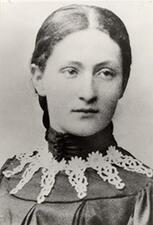
Rahel Straus
Rahel Goitein Straus, a pioneering woman medical doctor trained in Germany, was a model “New Jewish Woman” of the early-20th century. Successfully combining a career as a physician with marriage and motherhood, she committed herself to Jewish and feminist causes and organizations throughout her life, while also embracing Zionist ideals.
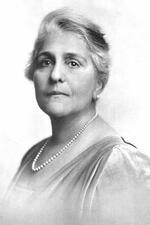
Sarah Lavanburg Straus
With the support of philanthropist Baroness Clara de Hirsch, Sarah Lavanburg Straus helped to establish two homes for immigrant girls in New York City early in the twentieth century.
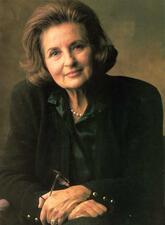
Annette Greenfield Strauss
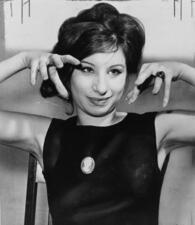
Barbra Streisand
Hilda Weil Stroock
Hilda Weil Stroock was a sponsor of the first Women’s Conference on Jewish Affairs held in 1938 at the Jewish Theological Seminary of America. This pioneering event reflected her lifelong interest in the welfare of women and children and the condition of the Jewish community.
Regina D. Stroock
Born in New York City in 1875 to a life of privilege, Regina Stroock parlayed her talents and wealth into a career of philanthropy and civic leadership. Active in both Jewish and New York City philanthropy, Stroock involved herself with many charitable organizations related to child welfare and other social issues of the time.
Elsie K. Sulzberger
Elsie K. Sulzberger had an important public career through her leadership in the National Council of Jewish Women and in the early twentieth-century birth control movement.
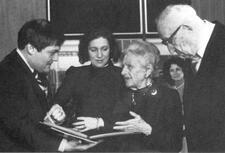
Iphigene Ochs Sulzberger
Rachel Hays Sulzberger
Rachel Hays Sulzberger maintained an active volunteer career in public service, in both Jewish and secular organizations. She is best remembered as the second president of the New York section of the National Council of Jewish Women.
Nettie Sutro-Katzenstein
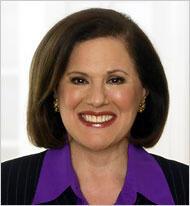
Marcy Syms
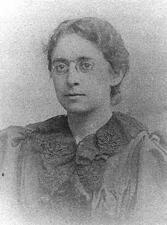
Henrietta Szold
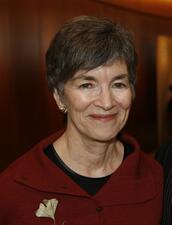
Nicki Newman Tanner
Faige Teitelbaum
When Faige Teitelbaum married Satmar rebbe Rabbi Joel Teitelbaum in 1936, she became the Satmar rebbetzin, in which capacity she was very active in charitable activities. After her husband’s death, she became the only woman in the Hasidic world to function as a de facto rebbe and leader.
Hannah Thon
Hannah (Helena) Thon was a social worker, journalist and editor, a student of Israel’s ethnic communities, and one of the leading figures in the women’s voluntary social-welfare organizations during the Yishuv (pre-State) period in Israel.
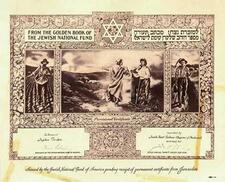
Sophie Tucker
Vaudeville legend and Broadway star Sophie Tucker defied convention with her saucy comic banter and music. Tucker became famous internationally for her singing performances and delighted audiences throughout America and Europe with her rendition of “My Yiddishe Momme.” Tucker was proud of her Jewish identity and created the Sophie Tucker Foundation, which supported various actors’ guilds, hospitals, synagogues, and Israeli youth villages.
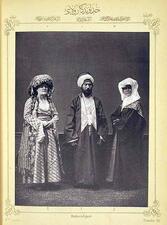
Turkey: Ottoman and Post Ottoman
The Jewish population of Turkey navigated far-reaching changes in the political, social, and geopolitical spheres in the late nineteenth and the early twentieth centuries, as the Ottoman Empire pursued reform and collapsed and the Turkish Republic that took its place imposed a process of “Turkification” on its residents. During this period, Jewish women partook in traditional customs relating to religion, family, and the home, while also accessing new opportunities in the public sphere through education and political engagement.
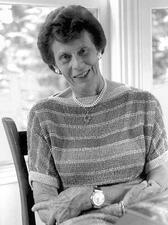
Joy Ungerleider-Mayerson
Joy Ungerleider-Mayerson rescued the faltering Jewish Museum in New York. She shifted the museum’s focus from avant-garde art back to Judaica, launched exhibitions of art rescued from the Holocaust, and restored the struggling institution’s financial stability. She also created the Dorot Foundaiton, launching some of the finest non-denominational Jewish study programs worldwide.
Union of Jewish Women
Influenced by their American counterparts, Anglo-Jewish women organized a Conference of Jewish Women in 1902, which led to the foundation of a national organization, the Union of Jewish Women. The UJW determined the social service agenda for English Jewish women until World War I.
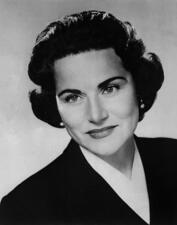
Abigail Van Buren
In 1990 alone, advice columnist “Dear Abby” and her staff received over fifty-five thousand letters from men and women of all ages, classes, nationalities, sexual orientations, and religions. Born Pauline Friedman, Van Buren was best known for the witty, commonsense advice she gave hundreds of millions of readers.

Lillian Vernon
In 1987, Lillian Vernon took her mail-order company public, making it the first company founded by a woman and traded on the New York Stock Exchange.
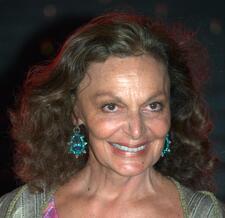
Diane Von Furstenberg
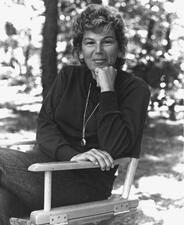
Miriam Dworkin Waddington
Miriam Dworkin Waddington was a distinguished and pioneering Canadian poet and literary critic. Her original poetry included many explicit references to her Jewish secular outlook, and other poems were infused with a commitment to social justice that drew on that same source. Impatient with the Canadian “canon” of her time, she introduced to wider audiences the works of A.M. Klein and poets writing in Yiddish with her literary criticism and her translations.
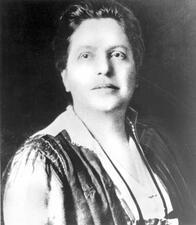
Lillian D. Wald
Guided by her vision of a unified humanity, Lillian D. Wald passionately dedicated herself to bettering the lives and working conditions of immigrants, women, and children. She founded the Henry Street Settlement in New York City and initiated America’s first public-school nursing program. A talented activist and administrator, Wald’s pathbreaking work continues to be memorialized.
Julia Waldbaum
In addition to being a well-known philanthropist, Julia Waldbaum owned a chain of grocery stores that she started with her husband. Over the course of her career, Waldbaum’s franchise expanded to as many as 140 locations in New York, Connecticut, and Massachusetts.


